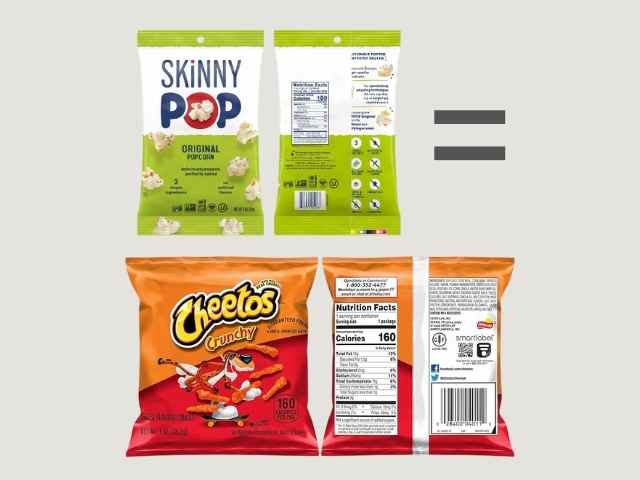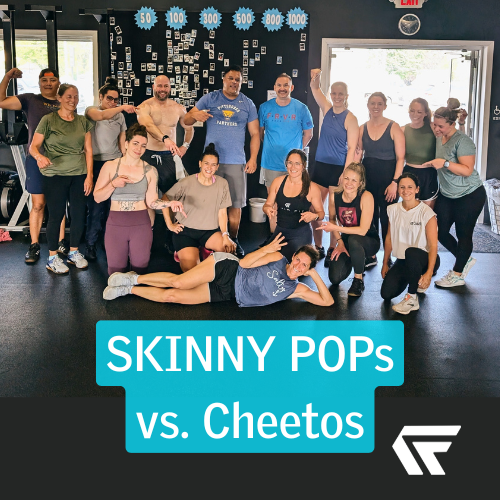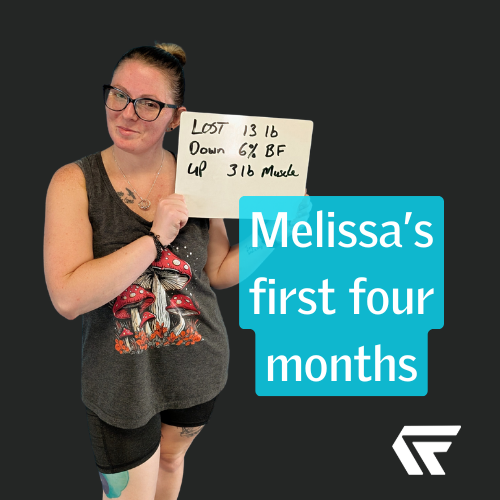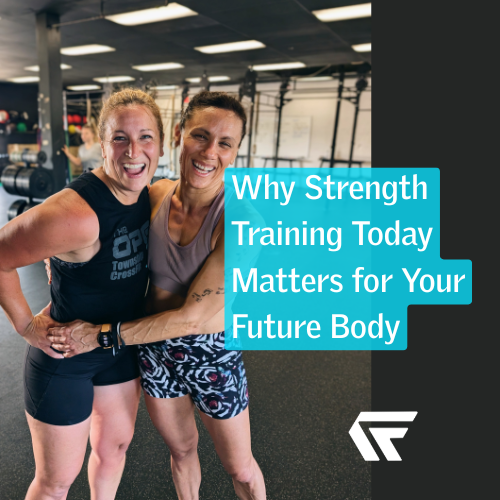Are "Healthy" Snacks Really a Good Alternative?
When you’re trying to clean up your nutrition and hit your goals, protein bars, shakes, and "healthy" versions are usually one of the first things people reach for.
They’re easy, convenient, and they seem healthy.
Afterall they say things like "Skinny POP" or "Made in Avocado oil".
But are they really as good for you as the labels make them look?
It might be healthier yes but if you're trying to lose weight or tone up you have to count calories too.

As with pretty much all processed food, their main goal is to get you to buy it. Not to make you healthy or help you hit your goals.
A bag of Skinny POP Popcorn has the same amount of calories as a bag of Cheetos. Why not go with the Cheetos if they taste better?
The truth about protein bars
Most protein bars are really just glorified candy bars. Sure, they have protein — but look closely at the label:
- Most have 250–400 calories
- Often pack in 20–30g of sugar or sugar alcohols
- Include 10–15g of fat
- And only give you 12–20g of protein
That’s a pretty heavy “snack.” If you’re not careful, these bars can stall fat loss because you’re adding hundreds of calories to your day and not even feeling it.
Better option: keep protein bars as a backup plan, not a daily staple. Think of them as an “in case of emergency” option — like when you’re stuck at work late or running between your kids’ games.
The scoop on protein shakes
Protein powder is different — it’s usually a cleaner, leaner source of protein. A scoop of whey or plant-based protein often has:
- 20–25g protein
- 100–140 calories
- Minimal carbs and fat
That’s a great way to close the gap when you’re short on protein. But here’s the catch: protein powder should supplement, not replace real food.
I stopped doing powder a few months ago to focus on higher nutrition food. Not saying I won't use it but it was a crutch.
If you’re relying on shakes for breakfast, lunch, and snacks, you’re missing the vitamins, minerals, and fiber that come with whole foods. Plus, shakes don’t keep you as full as chewing real food.
You're better off with a daily steak IMO.
Instead of building your plan around powders and bars, start with a simple rule:
Aim for ~30g of protein at each meal.
That could be:
- 5 oz of chicken, turkey, or lean beef
- 1 cup of cottage cheese or Greek yogurt
- 3 eggs + 3 egg whites
If you hit that target at breakfast, lunch, and dinner, you’re already at 90g for the day — before snacks. That’s when a shake or protein bar can actually be helpful: filling in the gaps, not being the foundation.
If you're looking to improve your nutrition start here. The whole food/processed food balance.
There's no point in trying supplements if you're still eating processed food. I always try to help clients build a solid foundation first.
- 80–90% of your food → from whole food (meat, eggs, dairy, fish, veggies)
- 10–20% of your food → from supplements (powders, bars, convenience options, snacks)
This allows for 200-400 calories of processed or "fun" food. Honestly it's not very much and that's the point.
Literally like one cookie. 🍪
Two Oreos.
Try something
Before you eat anything processed tomorrow, take a look at the label and write down how many calories it is. Throughout the week track all calories from processed food and total it up.
If you're ending up with more than 400 cal from processed food make an adjustment there before jumping to the supplements.
As always, if you're ready to take a step in your health and fitness schedule an intro visit.
I help beginners build a simple plan and stick to it so they can live the lifestyle of health and strength they want.







